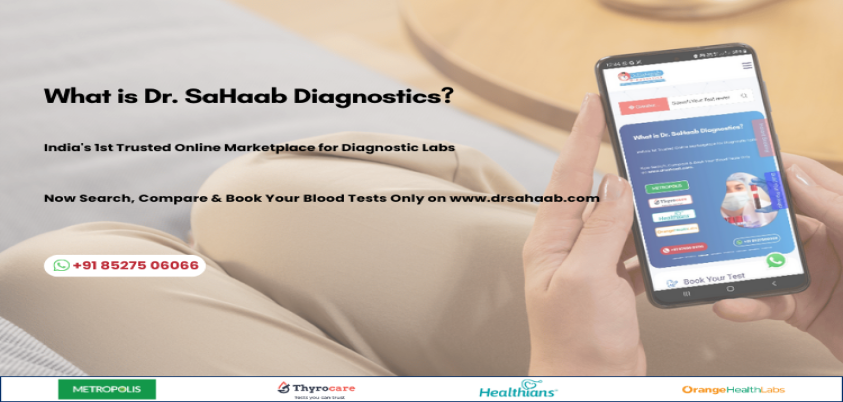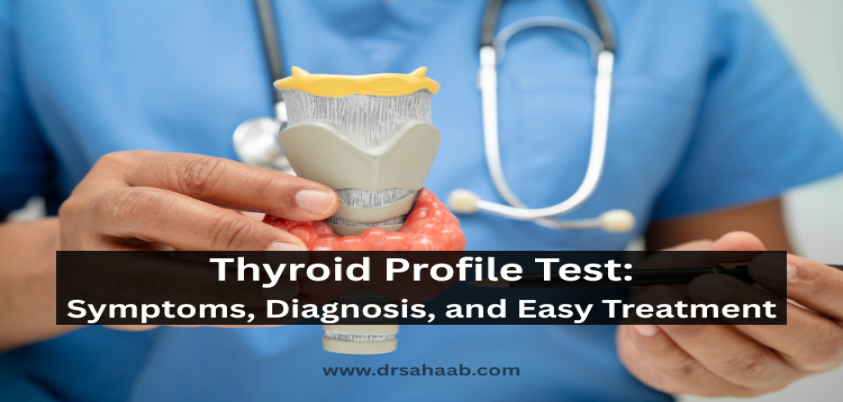Essential Blood Tests During Pregnancy: What You Need To Know
Pregnancy is a crucial time when both the mother?s and the baby?s health needs to be monitored. Regular blood tests play a valuable role in ensuring the well-being of both. With the increasing prevalence of high-risk pregnancies in India, it is crucial to get tested to identify complications early and take necessary precautions and treatment accordingly.?
Know more about the routine blood tests during pregnancy:
CBC: This comprehensive test assesses various blood parameters. Hemoglobin carries oxygen to different tissues and organs of your body. Low hemoglobin levels may indicate anemia, affecting both you and your baby. Your White blood cells (WBCs) help you fight diseases. High levels of WBCs help you determine the possibility of infection. Platelets help in clot formation following injury. Low levels of platelets could lead to excessive blood loss during pregnancy while high levels could mean you?re at increased risk of developing clots.?
Iron Profile:?Pregnant women have increased nutritional requirements including higher iron levels. Therefore, monitoring iron levels is essential for both the mother and the baby.?
Blood Group and Rh typing:?This test is a crucial component of prenatal testing. Knowing your exact blood type (A, B, AB, or O) is important in case you need a blood transfusion. In the Rh system of blood grouping, you are classified as Rh-positive or Rh-negative based on the presence or absence of Rh antigen in your blood. An Rh-negative mother carrying an Rh-negative baby could result in complications during delivery.?
Thyroid Function test:?This test is included in prenatal testing as gestational hypothyroidism can lead to neonatal neurodevelopmental deficits and maternal obstetric complications.?
Viral markers:?Screening for?HIV, Hepatitis-B, Hepatitis-C, and Syphilis?is essential to prevent pregnancy complications. These tests ensure the safety of both the patient and the doctor, especially in the case of a surgical intervention (like Cesarean section), as these diseases are highly infectious and can have serious effects.
Urine Routine Microscopy, Culture, and sensitivity:?These tests play a pivotal role in diagnosing Urinary Tract Infections (UTIs) and planning appropriate treatments. The presence of glucose in the urine could mean you have gestational diabetes which can be confirmed by other tests. Later in pregnancy, the presence of protein in your urine may be a warning sign of preeclampsia, especially if it?s accompanied by high blood pressure.?
Glucose tests -?In early pregnancy, elevated random and fasting glucose may indicate gestational diabetes. This can be confirmed by the Oral Glucose Tolerance test (OGTT), typically performed between 24-28 weeks. However, if a woman has risk factors for diabetes, the test can be conducted as early as the first trimester for timely diagnosis and management.
TORCH profile-?TORCH is an acronym for a group of infections-?Toxoplasmosis, Rubella, Cytomegalovirus(CMV), and Herpes simplex virus (HSV). These infectious agents can be vertically transmitted from mother to fetus through the placenta, further leading to serious?congenital malformations. Testing for TORCH is recommended during the?first antenatal visit?(first trimester) to enable early detection and timely treatment, reducing the risk of complications for both mother and baby.?
?First Trimester Serum Dual Marker Test -?performed in the first trimester( between 8 and 14 weeks), it screens for potential chromosomal abnormalities in the fetus, such as?Trisomy 21(Down?s syndrome), Trisomy 13(Patau syndrome), and Trisomy 18(Edward?s syndrome).?It measures two markers -?beta-human chorionic gonadotropin (beta-hCG) and pregnancy-associated plasma protein-A (PAPP-A), to assess the risk of these conditions, providing essential information for early intervention.
Triple Marker Test-?This test measures-?beta-hCG, alpha-fetoprotein (AFP), and unconjugated estriol. The Triple Marker test is conducted in the?second trimester( between 14 and 23 weeks ). It helps predict congenital disorders in the fetus, such as neural tube defects, Down?s syndrome, and Edward?s syndrome.?
Quadruple Test-?It primarily tests four specific markers-?beta-hCG, AFP, unconjugated estriol, and Inhibin-A. Like the Triple marker test, this test is also performed in the?second trimester?and assesses chromosomal abnormalities like Down's syndrome, Edward's syndrome, and neural tube defects. If the initial screening indicates a higher risk, further confirmatory tests, such as Non-invasive prenatal Test (NIPT ) or Karyotyping can be done for definitive diagnosis.?
If you have any further questions regarding the tests, contact us for more information or to schedule your blood tests. After receiving your results, you can also book a?free consultation?with our specialist doctors to discuss your findings in detail and receive personalized treatment recommendations.?









